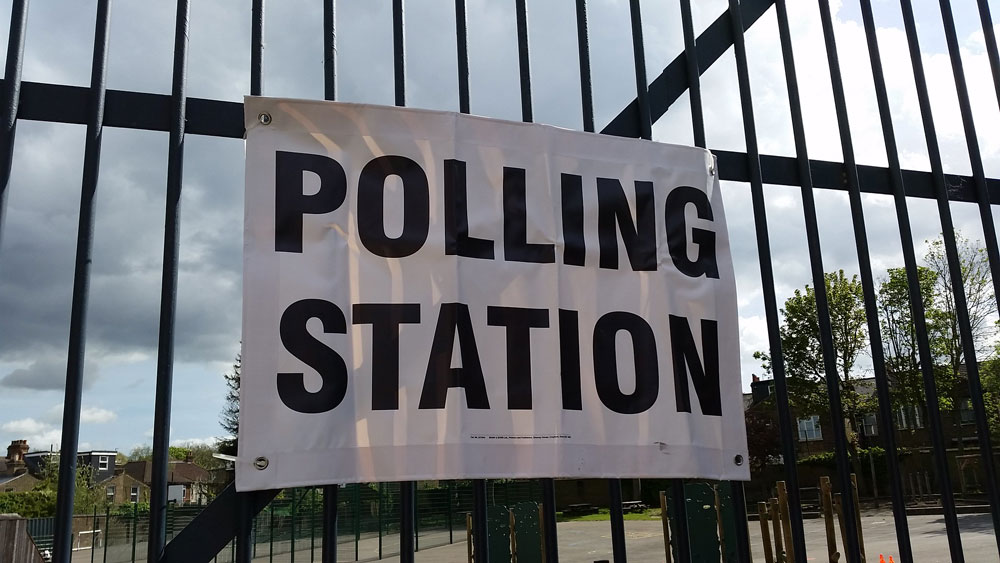
November 4, 2020; Washington Post and New York Times
Famously, Democratic presidential candidate Joe Biden claimed that, in the 2020 presidential campaign, the soul of the nation was at stake. As of press time this morning, much remains unclear, but even if—after all the mail ballots are counted, as the Washington Post’s exit polls project, Biden ultimately prevails in the popular vote by a 52–46 percent margin and carries Pennsylvania (and with it surely the electoral college), as the New York Times’ analysis contends—the reality is that such an electoral outcome tells us that the US public remains much where it was in 2016.
Recall that Donald Trump won 45.9 percent of the popular vote in 2016; a 46 percent popular vote total for Trump in 2020 would mean enough slippage in a race with weaker third-party candidates that he would most likely lose, even with the built-in electoral college advantage for Republicans, but it is far less than a “wave election.”
Perhaps most disturbingly, for those of us who are white—at least those of us who like to consider ourselves “progressive”—is that the same poll that shows Biden winning the popular vote by six percentage points also shows Trump prevailing among white Americans (65 percent of all US voters) by a 57–42 percent margin. White women also favored Trump by a 55-43 percent margin. The persistence of these numbers—even after tens of millions marched for racial justice, even after more than 230,000 have died from the novel coronavirus—should give us all pause.
Sign up for our free newsletters
Subscribe to NPQ's newsletters to have our top stories delivered directly to your inbox.
By signing up, you agree to our privacy policy and terms of use, and to receive messages from NPQ and our partners.
The embeddedness of white supremacist norms in the US is surely not news. But since, as we have written many times in NPQ, the nonprofit sector remains a white-dominated sector, the election serves as a potent reminder of the racial justice work yet to be done—not just to make space for leadership of color, needed of course—but also to root out negative cultural norms and instill new more positive ones. Culture building has been embraced in communities of color for some time, but this work cannot just fall to people of color.
And Biden—an imperfect, flawed candidate in so many ways—was nonetheless not wrong when he called this election a question about the soul of the nation. Because what is at stake, at its heart, is not which political party or candidate prevails, but what are the civic values that bind us together as a people. NPQ has addressed this question on occasion, as I did here and as my colleague Cyndi Suarez did here.
Some quick thoughts:
- Lifting up the arts and creativity is critical to paint ways to a brighter future.
- We must build strong bonds of solidarity and mutual support and work toward a culture of belonging, as john powell has written.
- We must discard cultural shibboleths such as our notions of extreme individualism that are holding us back.
Yesterday, NPQ wrote about the journey we face. The election gives us data regarding the road ahead, but the task remains the same. So, let’s move forward. And let us embrace this work with gusto. Because cultural rebuilding can be empowering and joyful, if we move beyond our fears and embrace human creativity.—Steve Dubb











